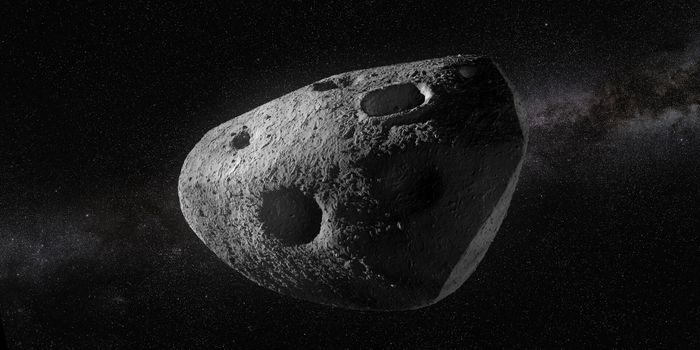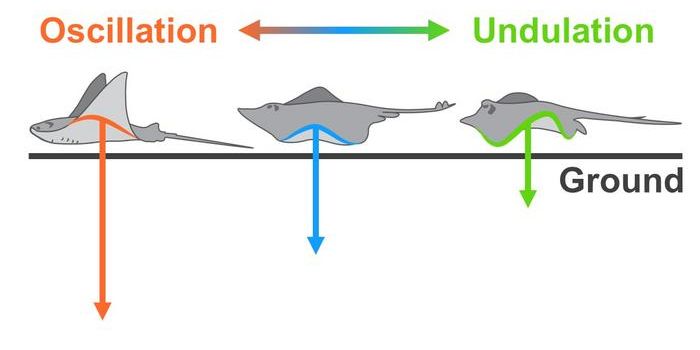Research Suggests Life Started On Earth Earlier Than Once Thought
If you ask a number of people when life began on Earth, you’ll get a slew of different answers. There are so many theories out there suggesting when life began here on Earth, and opinions continue to change day after day as new research is conducted and new findings are discovered.
New research conducted by scientists from the University of California in Los Angeles now suggests that life may have begun as early as 4.1 billion years ago, which is approximately 300 million years earlier than originally thought, which isn’t too long after the planet’s estimated formation from space rocks and space dust a little over 4.5 billon years ago.

Mark Harrison, professor of geochemistry at UCLS and the co-author of the research conducted, suggests that life many have started almost instantaneously after the planet’s formation.
"Twenty years ago, this would have been heretical; finding evidence of life 3.8 billion years ago was shocking. Life on Earth may have started almost instantaneously. With the right ingredients, life seems to form very quickly."
The early days of Earth probably weren’t as hot and dry and unsuitable for life as television will have you believe. Instead, the Earth was a space rock formation plentiful of life-supportive minerals, which actually made it quite easy for life to form in the early years of the Earth’s existence.
"The early Earth certainly wasn't a hellish, dry, boiling planet; we see absolutely no evidence for that," Harrison said. "The planet was probably much more like it is today than previously thought."
Harrison’s team studied over 10,000 zircon samples in Australia, which are hard minerals that can encapsulate samples for long periods of time. As a result, they work like time capsules, and what scientists find inside of the samples can help them determine what existed in the early days of Earth.

Scientists were interested in looking for carbon, which is an essential building block for life. Of the 10,000 samples, 656 of them had “dark specks” inside of them that interested the researchers. 79 of those were investigated thoroughly for traces of carbon, and one of them contained pure graphite, which Harrison is “very confident” is at least 4.1 billion years old.
They are able to date the zircon accurately, and since it has been aged at approximately 4.1 billion years old, that means the graphite inside of it is actually older than the zircon itself. This means life may have started at least 4.1 billion years ago, but may have even formed earlier than that.
Early life on Earth was very simplistic; it was nothing like life is today. Early life comprised of single-cell organisms, which slowly evolved into multi-cell organisms, which led up to the advanced species we have today.
Source: UCLA via The Telegraph








